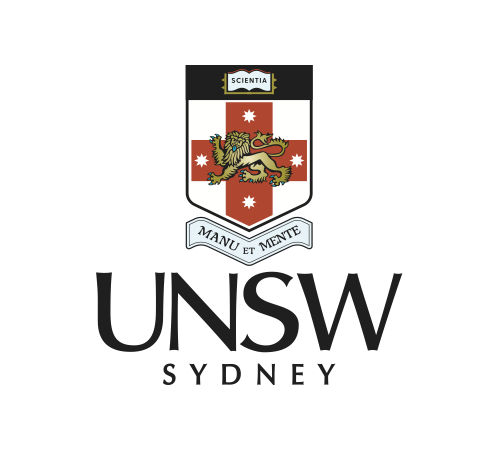MARQUIS LAB PROJECTS FOR STUDENTS
PROTEIN AND NUCLEIC ACID PROJECTS
1 SEARCHING FOR NOVEL ENZYMES FOR DIPEPTIDE SYNTHESIS (Hons/MSc); Gamma-glutamyl transferase is a ubiquitous enzyme and is found to have use in the production of the dipeptide gamma glutamyl cysteine. Currently, the enzyme is sourced from native mammalian tissue. This project will explore alternative native and recombinant methods to generate active enzymes for improved industrial application of this enzyme.
2 OPTIMISING scPLASMID DNA PRODUCTION (Hons/MSc); Plasmid DNA is routinely produced in laboratories worldwide for a range of fundamental and applied purposes. For application in a therapeutic context, plasmid yield and quality is critical and not commonly addressed in most labs. This project will involve a systematic evaluation of variables that generates high yields of supercoiled plasmid DNA for downstream applications such as direct gene delivery as well as templates for in vitro transcription to produce mRNA.
INDUSTRY-LINKED PROJECTS
1 NOVEL MICROCARRIERS FOR MAMMALIAN CELL BIOPROCESSING (Hons/MSc/PhD); Cultured mammalian cells produce valuable biopharmaceuticals (including viral gene therapy vectors) and potentially provide tissues for autologous transplantation therapies. This project will focus on the design and use of novel microcarriers for the production valuable bioproducts (proteins and viruses), using attachment-dependent cell lines. This project will work closely with Professor Kris Killian (Chemistry) and SmartMCs and is supported by an ARC Linkage project grant.
2 CYANOBACTERIA AS A PLATFORM FOR MAKING RECOMBINANT ANTIBODIES (Hons); This project is in collaboration with locally-resident Bondi Bio project will investigate the use of cyanobacteria to produce monoclonal antibodies. The proteins are effectively mass-produced currently in mammalian cell culture-based processes, however the cost of production is still significant. Cyanobacteria are phototrophs that can grow on simple media in photobioreactors at large-scale, presenting potentially a lower cost production option for these valuable proteins. This project will look at assessing important variables to improve productivity, working closely with Bondi Bio staff.
